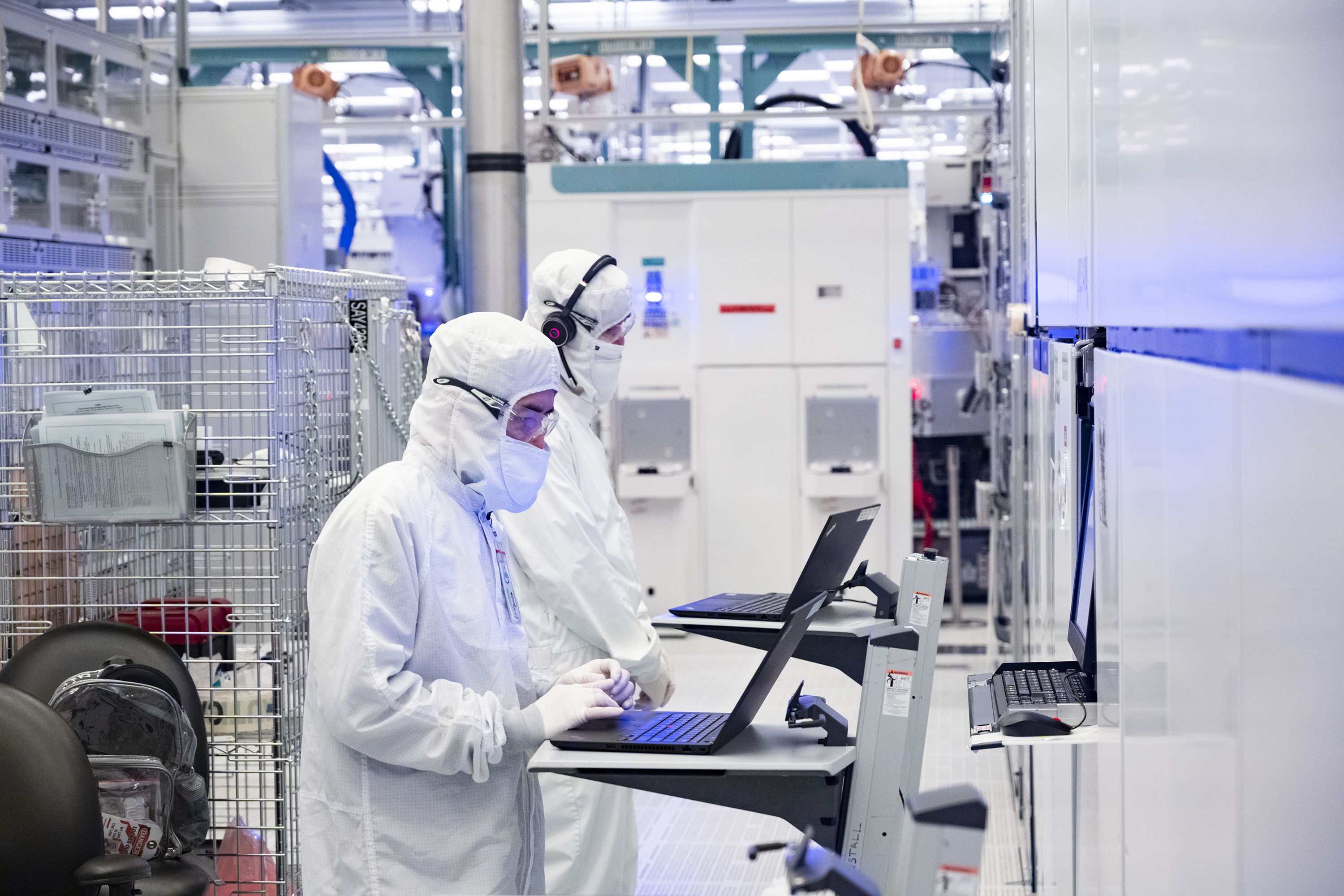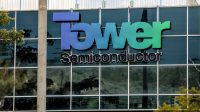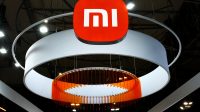Intel Stance on Chip Manufacturing: No Plans to Spin Out IFS

At the forefront of innovation, Intel Foundry Services (IFS) is set to make a significant impact, as Chief Executive Pat Gelsinger confirms the company’s commitment to retaining its contract chip manufacturing business. Opting for a strategic integration approach, the manufacturing unit is now a distinct entity under the banner of IFS. Notably, IFS is poised to have its financials independently reported, commencing in the second quarter of the upcoming year, signaling a pivotal development in Intel’s trajectory.
In an industry where separation is common, Intel has adopted a unique business structure. Pat Gelsinger emphasizes that, at present, Intel effectively operates as two separate entities—an established chip design business and a dedicated factory unit. This dual-structure is designed to instill confidence among IFS customers, ensuring that Intel remains a reliable and “clean supplier” of manufacturing capacity.
Despite the potential benefits of separation, Gelsinger highlights that there are distinct advantages to maintaining integration. Currently, a substantial portion of the factory capacity is utilized by Intel, making the integrated approach more practical. This integration helps foster a collaborative environment, addressing the immediate needs of both chip design and manufacturing units.
Intel Foundry Services (IFS): Not Ready for External Listing

While other entities like Mobileye have been spun off, Intel isn’t prepared to list IFS as a separate entity just yet. Gelsinger indicates that the internal foundry model is the preferred path for the company in the current environment. This decision aligns with Intel’s strategy and ensures a cohesive approach until a potential listing is considered in the future, mirroring previous strategic moves.
Gelsinger shared these insights into Intel’s manufacturing business during an event in New York, primarily focused on PC chips featuring artificial intelligence capabilities. This underscores Intel’s commitment to staying at the forefront of technological advancements, with a particular emphasis on integrating AI features into their products.
In a related context, Gelsinger highlights the challenges of running AI applications from distant data centers. He argues that it is economically impractical for companies like Microsoft, emphasizing the need for AI workloads to be processed locally on PCs rather than relying solely on data centers. Gelsinger suggests that, for the economics to work, Microsoft would need to achieve a substantial reduction in data flow between its data centers and PCs—an ambitious task requiring a 100-to-one reduction in data transfer.
Read More (Innovation – Tech Foom)








